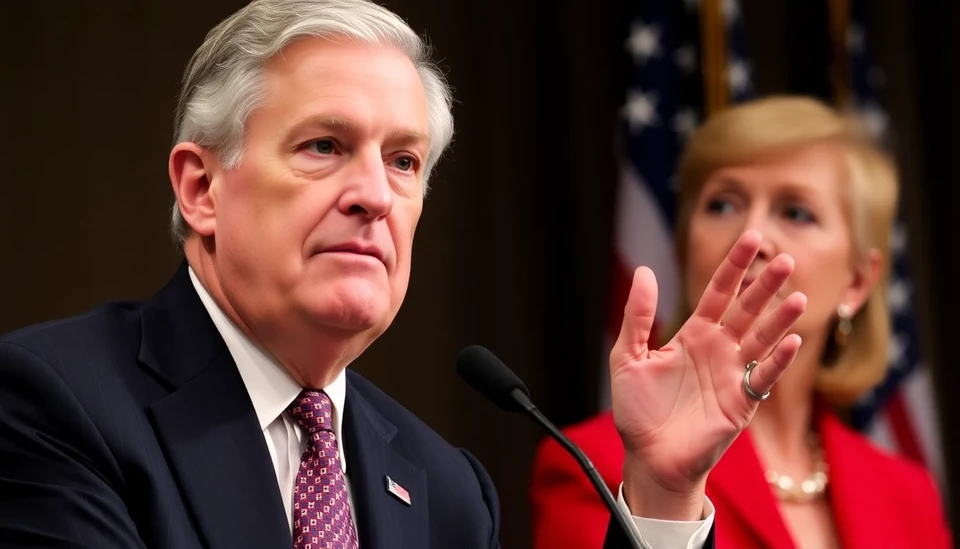
In a recent statement that underscores the importance of central bank independence in maintaining economic stability, the Bank of England's Chief Economist, Huw Greene, emphasized that the autonomy of central banks is “absolutely crucial.” Addressing concerns over potential governmental pressures on monetary policy, Greene’s remarks come at a pivotal time as economies globally grapple with rising inflation and interest rate fluctuations.
Greene delivered this message during a high-profile economic forum, where he highlighted the significant role that central banks play in safeguarding financial systems. He argued that independence from political influence allows central banks to make decisions that are focused on long-term economic health rather than short-term political gains.
With inflation rates reaching concerning levels, there has been a growing debate on whether government intervention in monetary policies might be necessary. However, Greene firmly rejected this notion, stating that compromising the independence of central banks in favor of political expediency could lead to detrimental consequences for an economy's stability and credibility.
The Chief Economist further elaborated on recent challenges faced by the Bank of England and other central banks around the world, pointing to the need for decisive and unbiased actions to tackle inflationary pressures effectively. Greene’s support for independence highlights historical trends where numerous governments have sought to influence monetary policies, often leading to instability and economic turmoil.
Greene’s comments arrive as the Bank of England prepares to announce its next monetary policy decisions amid widespread speculation about potential rate hikes. He noted that any policy changes would be firmly rooted in economic data and the long-term objectives of the bank. This statement was intended to assure the public and market participants that the institution will continue to operate free from external pressures.
In his conclusion, Greene reiterated that maintaining a strong and independent central bank is fundamental not only for economic stability but also for fostering public confidence in the financial system. He called for a collective recognition of the necessity of this independence, especially in challenging economic environments where the integrity of decision-making can significantly alter outcomes.
As discussions surrounding the importance of central bank independence continue, Greene’s remarks serve as a crucial reminder of the need to protect these institutions from political interference to ensure they can perform their roles effectively.
#CentralBankIndependence #BankofEngland #HuwGreene #MonetaryPolicy #EconomicStability #Inflation #InterestRates #FinancialSystem
Author: Laura Mitchell


